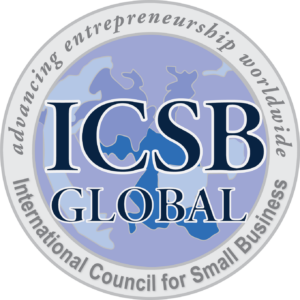The tourism industry is at a standstill. Even as policymakers around the world seek ways to mitigate the economic impact of the COVID-19 (coronavirus) pandemic, recovery can’t begin until the health emergency is under control and travel restrictions can be lifted safely. The longer the health crisis lasts, the more difficult for companies to survive, especially the small- and medium-sized enterprises that make up a big share of the tourism ecosystem, and greater the distress for workers.
Governments are rightly worried. The latest figures from the World Travel and Tourism Council show that 50 million jobs are at risk in the sector globally , a reduction of between 12 and 14 percent. In many countries, tourism is the largest contributor to GDP, forex and employment – particularly for vulnerable groups, women and youth. For developing countries strongly dependent on tourism for gross domestic product— 20 percent for 37 countries —the health crisis is already a national economic crisis.
Early on, many unaffected destinations invested in marketing campaigns to attract those who still wished to travel. It is now clear that marketing any kind of travel – even domestic – is irresponsible. In line with WHO guidance, we all have a responsibility to do our part to ‘flatten the curve’ and curb the transmission of the disease. This means restricting movement and reducing all forms of interaction – including travel.
The most forward-thinking industry and destination brands aim to show sensitivity and build trust – Estonia adapted their campaign on Twitter from ‘Visit Estonia’ to ‘Visit Estonia, later’ #stayhome.
It is difficult to know when the recovery will come. But in the immediate term, governments and private companies are implementing crisis measures to protect the tourism industry as much as possible. Where various actions can be coordinated and integrated together the recovery is likely to be quicker. Below are some interesting examples.
- Generating alternative revenues. Destinations and industry are considering innovative ways to maintain some revenue while discouraging travel. For example, these include pay-it forward voucher schemes – for example ‘I Love Manchester Scheme’ , and ‘consume-at-home’ content like virtual tours, destination audio-guides, restaurant or hotel-branded online cooking, yoga, spa classes, and restaurant delivery services.
- Minimizing revenue loss. Industry are waiving rebooking charges and incentivizing guests to postpone instead of cancel.
- Planning and communication. Destination communities and associations are forming virtual emergency response groups, with objectives, including uniting on closing all attractions and monitoring and communicating with trade buyers and consumers through social media. The best communications should focus transparently on the health risks, cases, and mitigation measures, like Visit Copenhagen and Saltzburg, Austria. Joint agreement on the most important asks from government, financial sector, industry associations, and employee unions may also speed action.
- Informing the industry. Governments and associations can prepare advice and updates on all measures being taken for the industry and/or their members – and how to access support. The National Federation of the Self-employed and Small Businesses in the United Kingdom have a comprehensive breakdown of all the assistance measures.
- Reducing tax burden. Governments are suspending or reducing income tax payments, business rates, VAT and other fees applicable to business, including PAYE deferral and paid sick leave to provide relief to staff on reduced incomes. New Zealand announced large-scale tax relief packages, and Myanmar has waived two percent advanced income tax on exports.
- Contamination Support. Public financial support and/or supplies to businesses to manage the costs of physically dealing with the effects of the virus, such as deep clean services, for example Singapore Cleaning Support Fund for Hotels .
- Providing liquidity. Governments, financial institutions and other bodies are offering grants, funds or alternative capital for those most at risk (SMEs), for example see the U.S. Small Business Administration response, as well as extending lines of credit or working capital. Reducing debt Banks are extending mortgage relief and deferrals in loan repayments. Redeploying assets. Destinations are examining opportunities to re-deploy staff or tourism assets to support public health agenda, such as retraining flight attendants to support testing facilities or using hotels as health care facilities for low risk patients.
The World Bank Group is working with partners to provide reliable information and data on what to expect and what we can learn from past crisis that affected tourism – the global financial crisis, H1N1, SARS, tsunamis, Ebola. Where we have existing tourism programs with destination clients, we will look to redirect program resources to help address the immediate crisis, and support client governments as they take measures to make tourism more resilient and ready for the recovery that will eventually come.
––Attributed from World Bank Blogs



